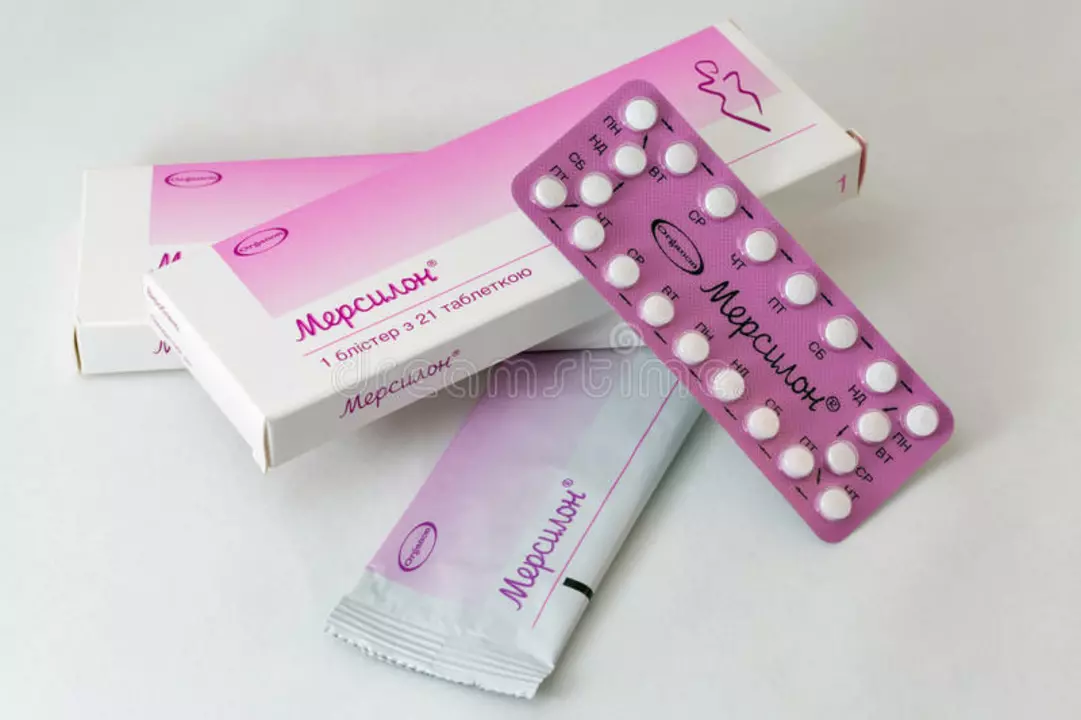Hormonal contraceptives: what they do and which one might fit you
Hormonal contraceptives prevent pregnancy by using hormones to stop ovulation, thicken cervical mucus, or change the uterine lining. Confused by pills, rings, shots, and IUDs? This guide cuts through the noise and gives straight, usable facts you can use when talking with a clinician or weighing options yourself.
How hormonal contraceptives work
Most methods use estrogen and progestin, or just progestin. Pills with both hormones tell your body not to release an egg. Progestin-only options mainly thicken cervical mucus so sperm can’t reach an egg. Long-acting methods — implants, injections, and hormonal IUDs — provide steady hormone levels so you don’t have to think about daily dosing.
Effectiveness depends on the method: implants and hormonal IUDs are over 99% effective, injections are about 94%, combined pills and the patch are 91–93% with typical use, and condoms are lower for pregnancy prevention but protect against STIs. If avoiding pregnancy is a top priority, pick a long-acting method.
Choosing and using the right method
Ask yourself: Do you want something low-maintenance? Are future pregnancy plans within a year or two? Do you smoke or have a history of blood clots, migraines with aura, or uncontrolled high blood pressure? These facts affect which hormonal methods are safe. For example, combined estrogen methods are usually avoided if you smoke and are over 35 or have clotting risks.
Practical tips: if you miss a combined pill, follow the exact steps on the pack — often take the missed pill ASAP and use backup protection for 7 days. For progestin-only pills, timing is tighter; a delay of just 3 hours can reduce protection. If you’re on interacting drugs (like rifampin or some anti-seizure meds), your contraceptive can be less effective — ask a clinician about alternatives or extra protection.
Side effects vary: spotting or irregular bleeding is common in the first months, especially with progestin-only methods. Some people notice mood changes, breast tenderness, or weight shifts. Serious risks like blood clots are rare but real with estrogen-containing methods; know your medical history and talk to your provider.
Emergency contraception is different from regular hormonal methods. If you think your method failed or you had unprotected sex, options include the copper IUD (most effective) or emergency pills. The sooner you act, the better.
Final practical notes: long-acting reversible contraceptives (IUDs, implants) remove user error and are great if you want hassle-free protection. If you need STI coverage, use condoms in addition to hormonal methods. Keep a list of your medications and health conditions when you consult a clinician — it makes choosing safer and faster.
Want help comparing two options side-by-side? Ask specific questions about your age, health, and goals and you’ll get targeted advice that actually fits your life.
Desogestrel-Ethinyl Estradiol and Its Impact on Athletic Performance
As a blogger, I've recently been researching Desogestrel-Ethinyl Estradiol and its impact on athletic performance. From what I've learned, this hormonal combination, often found in oral contraceptives, can have both positive and negative effects on athletes. On one hand, it can help regulate the menstrual cycle, reducing pain and discomfort during periods, which can be beneficial for maintaining consistent performance. On the other hand, some studies suggest that these hormones may lead to fluid retention and decreased muscle strength in some women. Overall, the impact of Desogestrel-Ethinyl Estradiol on athletic performance seems to vary among individuals, and it's essential to consult with a healthcare professional before making any decisions regarding its use.

